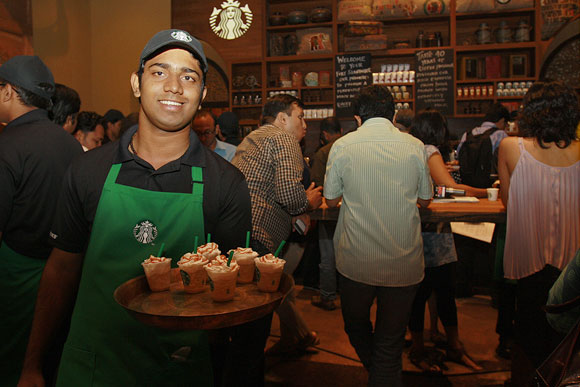Tea retail brands are personalising the brew and the experience, and hope to carve a distinct identity for their labels.
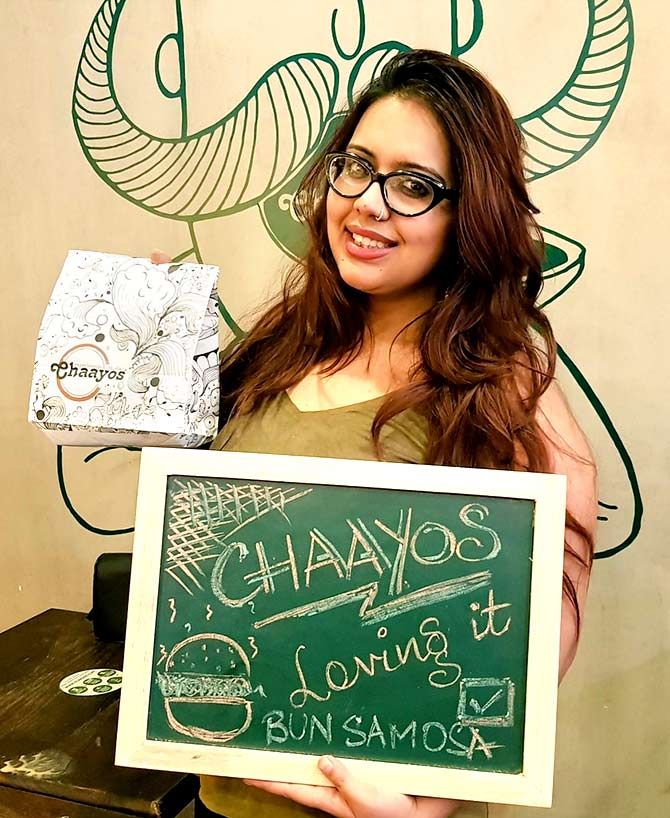
Tea chains around the country are looking to break free of the legacy of the product and that of their older and more established counterparts: coffee retail chains such as Café Coffee Day and Starbucks.
By focusing on the tea drinking experience, labelling tea as a wellness brew and creating novelty around a familiar product, Chaayos, Chai Point and local shops supported by the Tea Board are wooing students and young office goers. 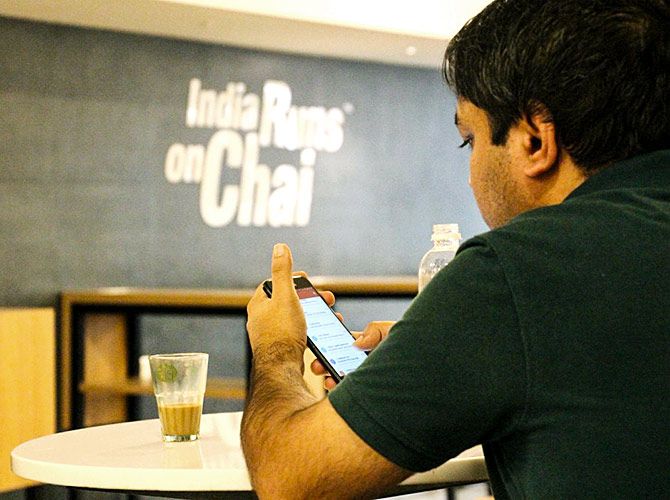
Nitin Saluja, founding partner of Chaayos, a start-up brand that was set up in 2012, says that tea has huge potential because consumption of tea to coffee is 30:1. Chaayos outlets are now in Delhi, Mumbai, Noida and Gurgaon. Unlike a coffee shop, customers are likely to walk into a tea shop more than once a day and several times a week.
But that is not the only reason for the enormous potential this space presents. Desire for convenient and comfortable hangout places and tea being a healthier drink are opening the market wider.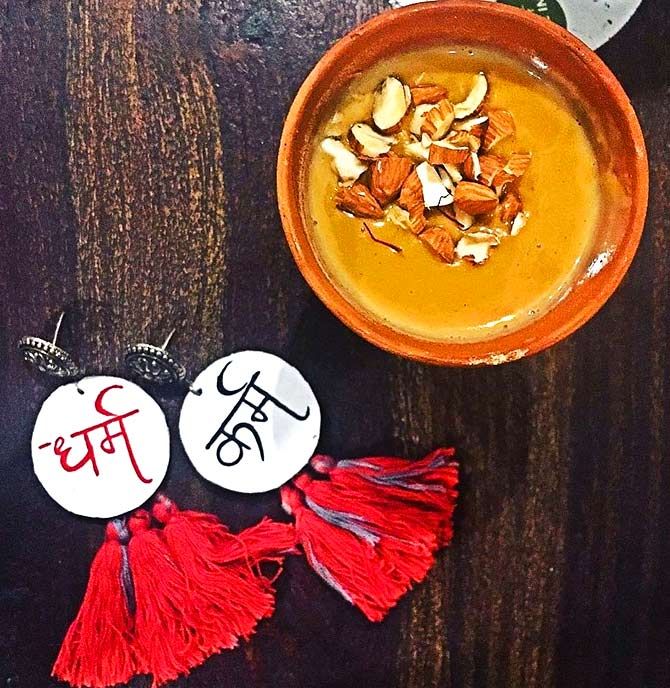
Romancing the familiar
The tea drinkers’ market is estimated at around Rs 33,000 crores, according to Chaayos and Chai Point.
It is largely unorganised and fragmented; small roadside stalls account for 85 per cent of the tea consumption today. On the bright side, although these stores are not always the cleanest, the market has grown at around 15 per cent year on year for the past several years.
The tea retailers say that tea is a familiar product and in that sense, there is little to do to increase awareness about its use and benefits.
But enhancing the tea drinking experience can reap big rewards. Backing their expectations is a Nielsen study on consumer behaviour (Moving on up, December 2016). It says: “The most successful premium products are those that perform an important job for which previously available solutions were unsatisfactory or nonexistent.”
The price of a cup of tea at many of the newly-opened retail chains is double that on offer at the roadside tea stalls. But that is no barrier if the customer can be given a brew and a space that she wants to come back to, say store owners. Tea chains are quick to say that they do not compete with roadside stalls, but are merely meeting a need that was hitherto unmet.
“We did not enter into this space for creating a luxury or an indulgence brand. One of the strongest and daily rituals here is consuming tea and several times a day,” says Amuleek Singh, founder of Chai Point explaining his brand’s rationale.
“Today customers are not looking at spending only on a product. They are looking at the cost of ownership of product and experience. That doesn’t mean we are a super premium brand, we are priced as a mass luxury brand,” Saluja says. He believes that pricing is no deterrent to the tea drinker.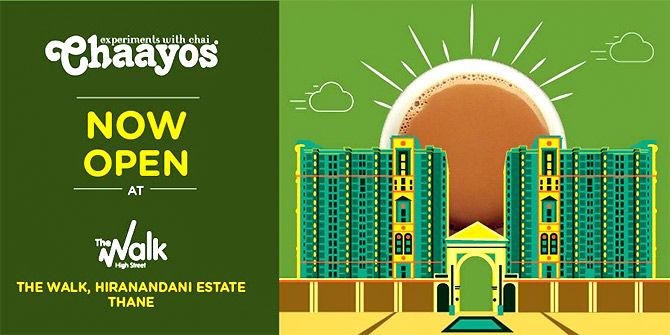
Not the coffee way
Tea chains in India were expected to follow in the footsteps of coffee chains when it came to branding their retail experience. But that did not turn out to be the best way to grow, says Saluja.
He believes that coffee drinking was promoted as a sophisticated social ritual. Tea drinking is more casual and hence the experience has to be packaged differently. While some tea stores started out by trying to recreate the look and feel of a Starbucks, they soon abandoned the me-too approach and opted for a distinct look, say industry experts.
Saluja believes that the fundamental difference between coffee and tea is that coffee is all about indulgence and experience. Customers look to visit a coffee shop once a week or month. Tea, on the other hand, draws customers in three to four times a day. That also means that the chain has to be cautious about its price-value offering.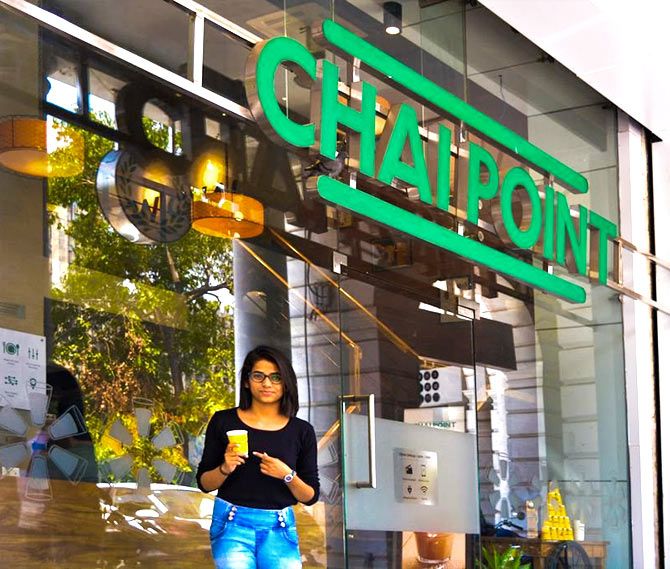
Chaayos says it has a repeat customer rate of around 42 per cent, month on month. Internationally coffee is consumed more often and by more people, but not in India. Also the cheapest cup of coffee at any of the retail stores costs around Rs 180 to Rs 200, which limits consumption.
The other thing that tea chains believe turn the tide in their favour is that the drink is easily accepted as a healthier option, especially green tea varieties and the new infusions that new stores offer.
Personal and convenient
Tea shops want to appeal to millennial customers, in the 23 to 35 years age group who, according to the Nielsen survey, say that emotional reasons (status, feel-good) resonate more sharply with them (especially in emerging markets). They constitute nearly 58 per cent of Chaayos’ customer base and “affordablity is not a challenge, meeting their demand and being relevant is the challenge and big opportunity also,” says Saluja.
Relevance calls for convenience. Chai Point says that around 20 to 30 per cent of its revenues come from door deliveries. It supplies to a large number of offices and has customers in their early 20s to mid-30s. Chaayos has 37 cafes. By the end of this fiscal, it says it will be in 70 stores. It sells close to 500,000 cups a month and wants to go wider and deeper into Indian cities.
Relevance also breeds loyalty. Many customers come to a tea café at least twice a day, offering the brand several points of engagement with the target group and this is something the tea chains can use to build loyalty according to industry analysts.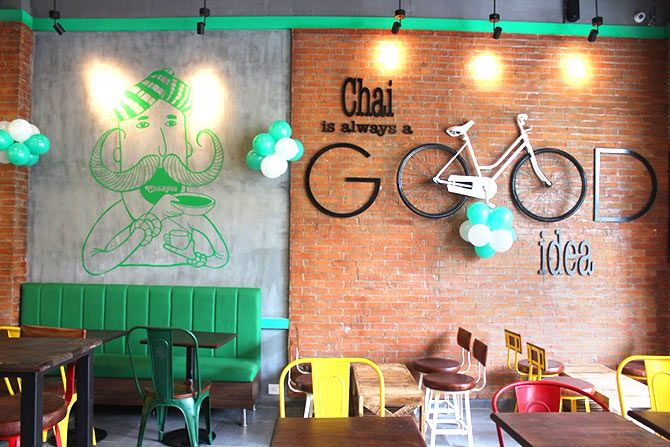
Loyalty hinges, to a large extent, on personalisation and choice. Chaayos offers a plethora of personalised options, says Saluja. Plus, he adds, in the past, tea chains got it wrong by focusing on dip tea, which is not the Indian way at all.
Tea chain owners say that the young who flock their spaces today are all ‘modern desis’, extremely traditional in their habits, way more patriotic and at the same time agents of globalisation.
Thus, a tea store is pitched as an Indian way of doing things instead of bringing a global practice home (as many coffee chains did when they first set up shop). That should keep them coming for more, the stores hope.







